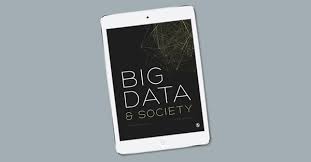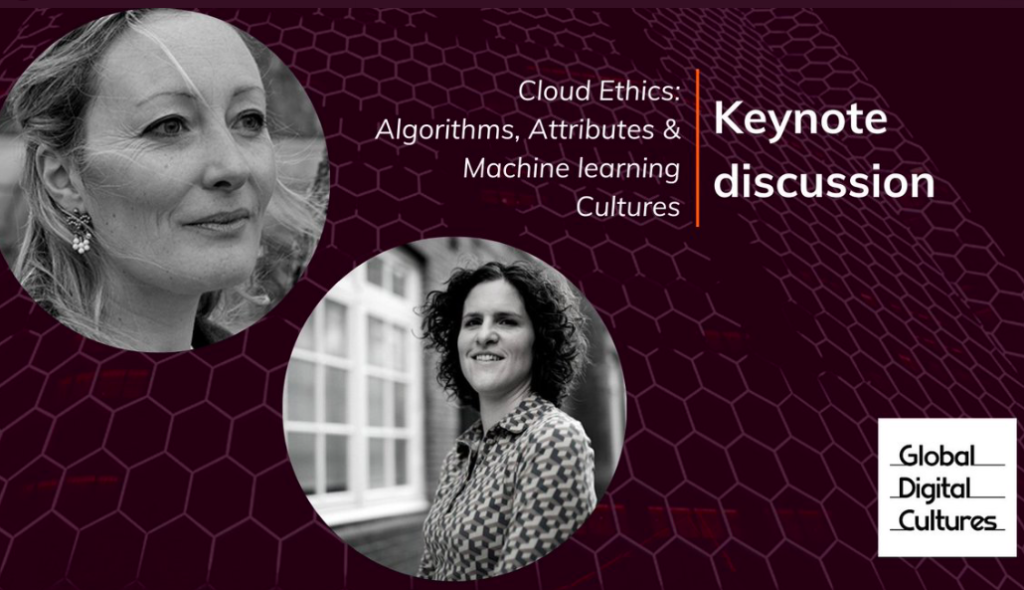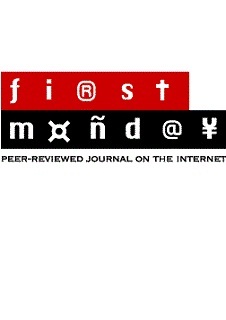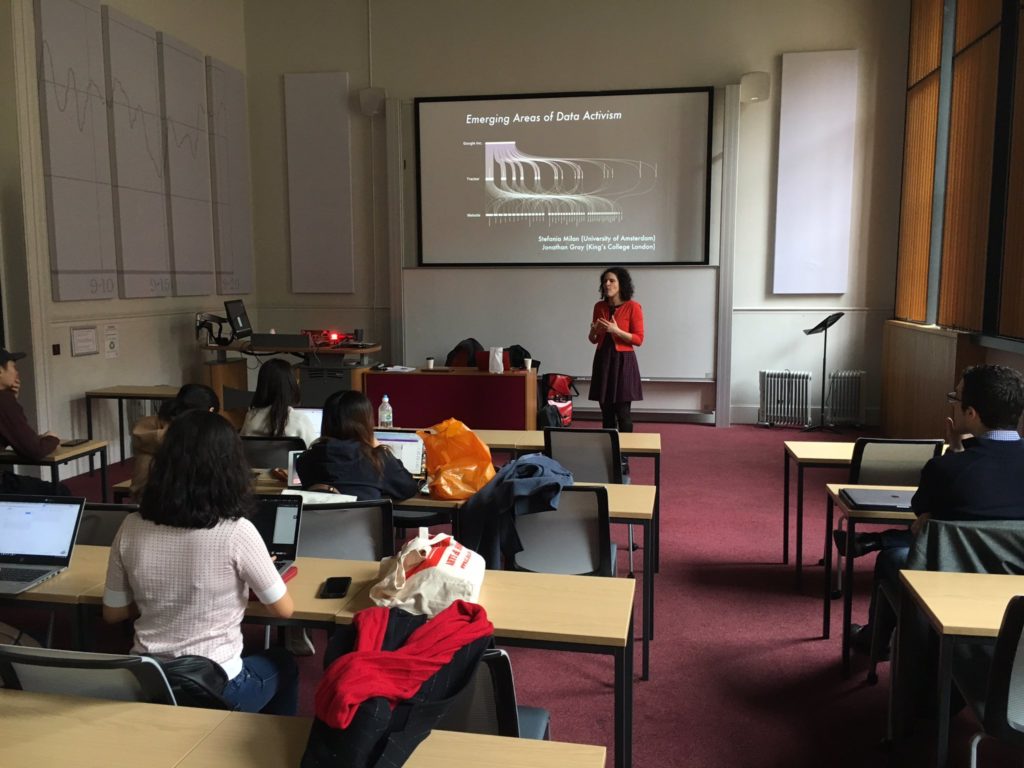On October 23-25, Stefania will be in Tel Aviv to take part in the international workshop “Algorithmic Knowledge in Culture and in the Media” at the Open University of Israel. The invitation-only workshop is organized by Eran Fisher, Anat Ben-David and Norma Musih. Stefania will present a paper on the ALEX project, DATACTIVE’s spin-off, as an experiment into algorithmic knowledge.
Unpacking the Effects of Personalization Algorithms: Experimental Methodologies and Their Ethical Challenges
Stefania Milan, University of Amsterdam
With social media platforms playing an ever-prominent role in today’s public sphere, concerns have been raised by multiple parties regarding the role of personalization algorithms in shaping people’s perception of the world around them. Personalization algorithms are accused of promoting the so-called ‘filter bubble’ (Pariser 2011) and suspected of intensifying political polarization. What’s more, said algorithms are shielded behind trade secrets, which contributes to their technical undecipherability (Pasquale 2015). Against this backdrop, the ALgorithms EXposed (ALEX) project, has set off trying to unpack the effects of personalization algorithms, experimenting with methodologies, software developments, and collaborations with hackers, nongovernmental organizations, and small enterprises. In this presentation, I will reflect on four aspects of the ALEX project as an experiment into algorithmic knowledge, and namely: i) software development, illustrating the working of the browser extensions facebook.tracking.exposed and youtube.tracking.exposed; ii) experimental collaborations within and beyond academia; iii) methodological challenges, including the use of bots; and iv) ethical challenges, in particular the development of data reuse protocols allowing users to volunteer their data for scientific research while individual safeguarding data sovereignty.








